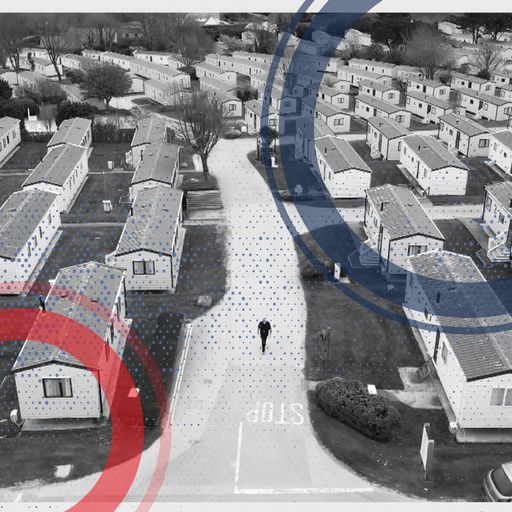British volunteers are to be deliberately infected with COVID-19 to test whether a vaccine offers any protection.
In the first trial of its kind, participants will be injected with an experimental vaccine and around a month later exposed to Sars-Cov-2, the virus that causes the disease.
According to FT, the studies – which are known as human challenge trials – will begin in January and are government funded.
It is reported that the trials will take place in a secure facility in Whitechapel, east London, and that 2,000 potential volunteers have signed up in the UK.
A government spokesperson said it is looking into collaborating on the potential development of a vaccine through human challenge studies.
“These discussions are part of our work to research ways of treating, limiting and hopefully preventing the virus so we can end the pandemic sooner,” they added.
Any trial that involves exposing people to the virus would need the approval of the UK Medicines and Healthcare products Regulatory Agency (MHRA), as well as an independent research committee.
Challenge trials are controversial.
Even young people have a very small risk of serious disease from the virus and some doctors believe that goes against medical ethics.
There is also the risk they could suffer from “long COVID” symptoms similar to chronic fatigue syndrome.
:: Subscribe to the Daily podcast on Apple Podcasts, Google Podcasts, Spotify, Spreaker
But with levels of the virus spreading in the population still relatively low, the trials are the fastest way of testing the level of protection from a vaccine.
Scientists need to know whether the vaccines being developed stop people getting the virus, or whether they just take the edge off symptoms.
Dr Claire Waddington, clinical lecturer in infectious diseases at the University of Cambridge, said challenge trials are “well established as a way to accelerate the development of vaccines”.
She pointed to similar trials being used for typhoid vaccines, which are now being rolled out in affected countries.
“As we gain more understanding of COVID-19, we are increasingly in a position to identify those people for who COVID-19 infection is a mild illness, and these people could safely participate in a controlled human infection study after a thorough medical assessment and consent process,” she said.
“Such a model could give us some extremely useful information on how the immune system responds to COVID and what responses are protective, as well as providing a model for early testing of candidate vaccines.”
The MHRA said: “The safety of trial participants is our top priority and any proposal from a developer to include a human infection challenge as part of a clinical trial for development of a vaccine would be considered on a benefit-risk basis, with risks monitored for and minimised in the proposed trial design.”


